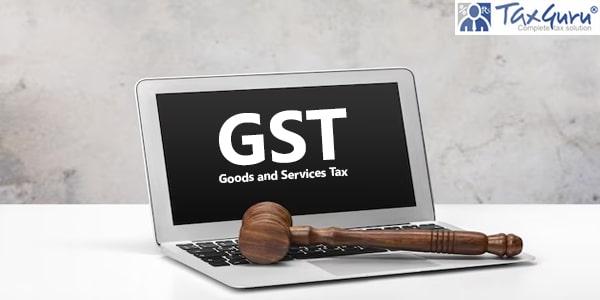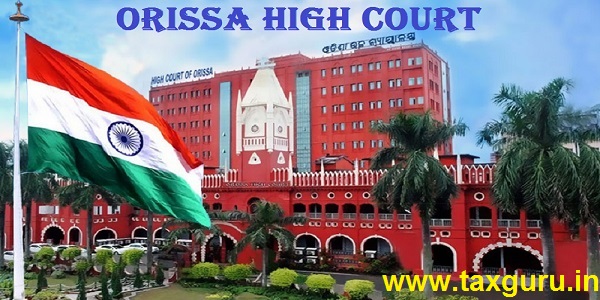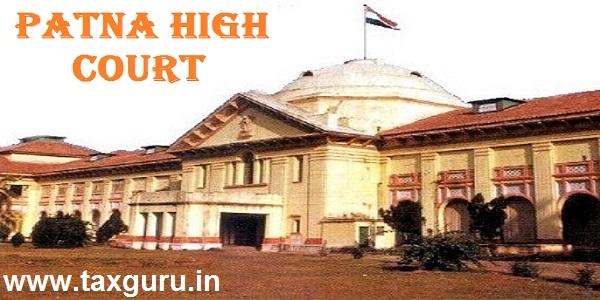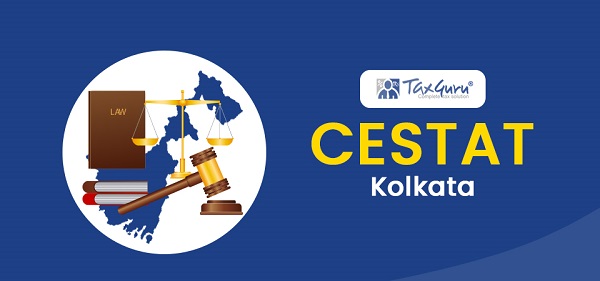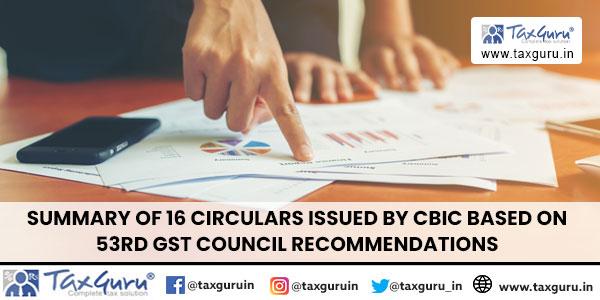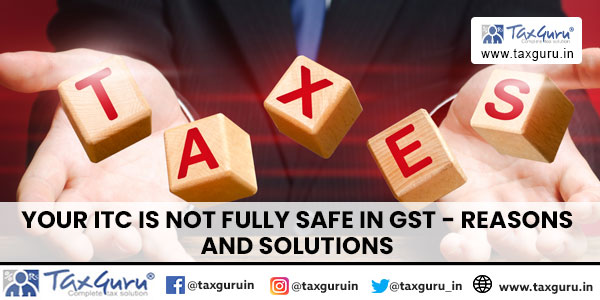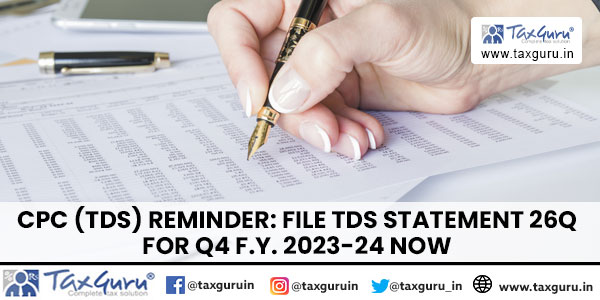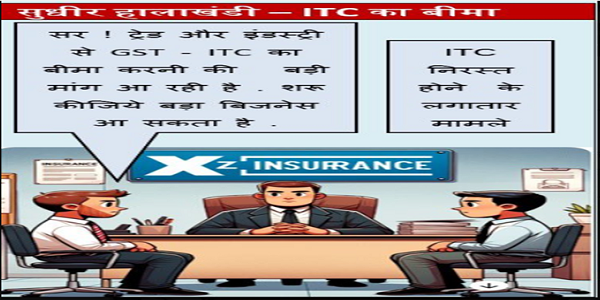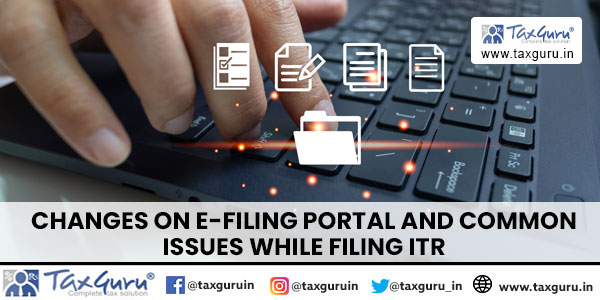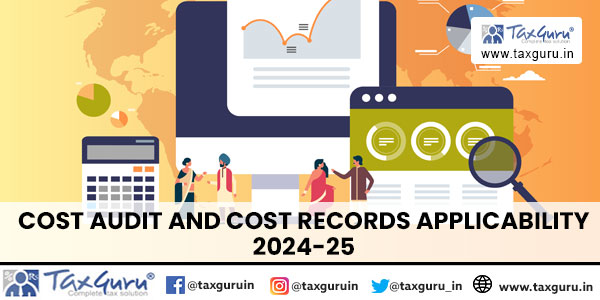Case Law Details
Ramanlal Jawanmal Shah HUF Vs The ACIT-CPC (ITAT Ahmedabad)
Introduction: The recent appeal filed by Ramanlal Jawanmal Shah HUF against the order of the National Faceless Appeal Centre (NFAC), Delhi, sheds light on the issue of double taxation concerning interest income. The Income Tax Appellate Tribunal (ITAT) Ahmedabad addressed the key contention that the interest income, already offered for taxation in preceding years, cannot be taxed again in the current assessment year.
Detailed Analysis: Ramanlal Jawanmal Shah HUF earned interest income, accruing annually, on Government of India 8% saving (taxable) bonds. The income was consistently offered for taxation on an accrual basis from Assessment Year (AY) 2011-12 to AY 2017-18. However, during the year under consideration (AY 2017-18), HDFC Bank Ltd, the deductor, deducted Tax Deducted at Source (TDS) on the entire maturity amount of Rs. 6,01,000 on a cash basis.
The Central Processing Centre (CPC) processed the return under section 143(1)(a) of the Income Tax Act, considering an increased “income from other sources” at Rs. 6,01,000, leading to a dispute. The dispute focused on whether the entire maturity amount, already taxed annually on accrual, should be subjected to taxation again solely due to TDS deductions at the time of payment.
The Ld. CIT(A) upheld the CPC’s decision, emphasizing the lack of evidence supporting the claim that TDS was deducted on a cash basis. However, the ITAT Ahmedabad, after a thorough examination, disagreed with this stance.
Conclusion: The ITAT Ahmedabad held that taxing the interest income again in the impugned assessment year would result in double taxation. The Tribunal emphasized that, since the income was already offered for taxation on an accrual basis in preceding years, the TDS deduction at the time of payment on a cash basis should not lead to a tax liability in the current year.
This decision aligns with the principle of preventing double taxation and provides clarity on the treatment of interest income in cases where TDS is deducted on a cash basis, despite the income being taxed on an accrual basis in earlier years.
Businesses and individuals facing similar scenarios can find guidance in this ITAT Ahmedabad ruling, reinforcing the importance of consistent taxation principles to avoid unwarranted tax burdens.
ITAT held that assessee that since the interest income has been offered to tax in the respective assessment years (from AY 2011-12 to AY 2017-18) on accrual basis, the same income cannot be taxed in the impugned assessment year under consideration only for the reason that the deductor HDFC bank has deducted TDS on the entire interest amount at the time of payment on cash basis, since the same would amount to double taxation.
FULL TEXT OF THE ORDER OF ITAT AHMEDABAD
This is an appeal filed by the assessee against the order of the National Faceless Appeal Centre (NFAC), Delhi in DIN & Order No. ITBA/NFAC/S/250//2020-21/1037106666(1) vide order dated 22/11/2021 passed for the assessment year 2017-18.
2. The assessee has taken the following grounds of appeal:-
“1. That the learned Commissioner of Income Tax (Appeals), National Faceless Appeal Centre, has erred in law and facts by not deleting the addition of Rs.4,69,510/- of interest income of under the head Income from other sources as it has been offered for taxation in the earlier year(s) and therefore the ld. AO to be directed to delete the said addition while computing the total income or otherwise it amounts to double taxation.
2. That in view of the above facts and grounds of appeal, the appellant be granted stay for payment of demand, till the decision of the appeal.
3. That your appellant craves a leave to add, alter or amend any grounds at the time of hearing.
Total tax effect Rs. 54,724/-
3. At the outset it is observed that the appeal is time barred by 38 days. Ld. Counsel for the assessee submitted that delay in filing appeal was due to Corona outbreak and appeal was filed during this period. Considering the plea of counsel for the assessee, and also the fact that there is small delay in filing appeal of 38 days, in the interests of justice, the delay in filing the appeal is hereby being condoned. The Ld. Departmental Representative has also not objected to such minor delay in filing of appeal by the assessee.
4. On merits, the brief facts of the case are that the assessee earned interest income which was offered to tax on accrual basis in the respective years in which the interest income accrued. However, during the year under consideration, TDS was deducted by the deductor on cash basis on the entire amount. Accordingly, the return of income was processed under section 143(1)(a) of the Act in which “income from other sources” was taken by CPC at Rs.6,01,000/- as against Rs.1,31,493/- considered in the return filed by the assessee. Subsequently, the assessee filed rectification application under section 154 of the Act before CPC, who rejected the assessee’s rectification application. In appeal, the Ld. CIT(A) dismissed the assessee’s appeal with the following observations:
3.0 Present appeal is filed against the intimation issued by the CPC in response to rectification filed by the appellant u/s 154. The argument of the appellant is that the income included in the intimation is of the earlier year which has already been taxed on the basis of accrual method. The TDS has been deducted by the deductor on the cash basis. The contention of the appellant is that CPC has enhanced the income of the appellant under the head “income from other sources” on the basis of the TDS amount, which is against the law and facts.
3.1 The appellant has not produced any supporting evidence in response to notice under section 250 to prove its contention that the TDS has been deducted by the deductor on cash basis whereas the appellant is accounting the income accrued on such TDs on accrual basis. No evidence is produced before me during appellate proceedings to show that the amount added back by the CPC is already offered to tax in the preceding Assessment Years. As the necessary supporting evidence to prove the above argument is not filed by the appellant before me, I have no option but to uphold the stand taken by the CPC. Accordingly, the ground raised by the appellant is dismissed.
5. Before us, Ld. Counsel for the assessee submitted that during the year under consideration, the assessee received maturity interest amount of Rs.601,000/- on Government of India 8% saving (taxable) bonds on which the deductor HDFC Bank Ltd, deducted TDS on the entire maturity amount of Rs. 6,01,000 on cash basis. However, the assessee has already offered the yearly amount of interest in earlier years on accrual basis. Therefore, it was submitted that if the entire maturity amount of Rs. 6,01,000 is again subject to tax in the impugned year, it would amount to double taxation since the annual interest amount has already been offered to tax in various previous years on accrual basis. The assessee also furnished a Chart / Table before us in which he has tabulated the amount of interest income earned by the assessee on the aforementioned bonds since assessment year 2011-12 till 2017-18 on annual basis. The Ld. Counsel for the assessee also submitted copies of acknowledgement of return of income for the various years in support of the fact that the interest income which has accrued on annual basis has been offered to tax in the various respective years. The Ld. Counsel for the assessee also placed reliance on the Punjab and Haryana High Court decision in the case of CIT v. Sonal Bansal (2008) 215 CTR pH 65, wherein the High Court has made the following observations:
One of the guidelines in the CBDT circular is that the TDS is to be made at the time of maturity of the bond and it was to be issued to the holder of the bond at the time of maturity. It is undisputed that the TDS certificate was issued in the name of the assessee being holder or owner of the bond at the time of maturity. Therefore, the case of the petitioner is covered by the virtue of expression or owner of the property or the unit holder which were added in Section 199 w.e.f. 1st April, 1997. Therefore, we accept the view taken by the CIT(A) as well as the Tribunal as the correct view and accordingly answer both the questions against the Revenue.
5.1 The Ld. Departmental Representative in response has placed reliance on the observations made by the Ld. CIT(A) in the appeal order.
6. We have heard the rival contentions and perused the material on record. In our considered view, we are in agreement with the Ld. Counsel for the assessee that since the interest income has been offered to tax in the respective assessment years (from AY 2011-12 to AY 2017-18) on accrual basis, the same income cannot be taxed in the impugned assessment year under consideration only for the reason that the deductor HDFC bank has deducted TDS on the entire interest amount at the time of payment on cash basis, since the same would amount to double taxation. Therefore, the order of Ld. CIT(A) is set aside and the appeal of the assessee is allowed.
7. In the result, the assessee’s appeal is allowed.
Order pronounced in the open court on 08-06-2022





